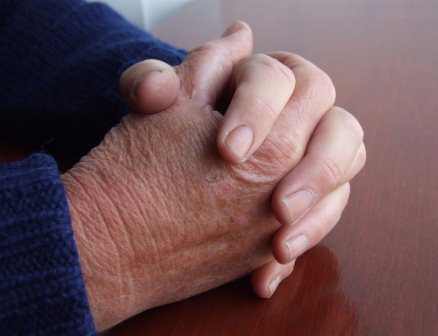The traditional period in the northern hemisphere for the Week of Prayer for Christian Unity is 18-25 January. Those dates were proposed in 1908 by Paul Wattson to cover the days between the feasts of St Peter and St Paul, and therefore have a symbolic significance.
The search for unity: throughout the year
The traditional period in the northern hemisphere for the Week of Prayer for Christian Unity is 18-25 January. Those dates were proposed in 1908 by Paul Wattson to cover the days between the feasts of St Peter and St Paul, and therefore have a symbolic significance. In the southern hemisphere where January is a vacation time churches often find other days to celebrate the week of prayer, for example around Pentecost (suggested by the Faith and Order movement in 1926), which is also a symbolic date for the unity of the church.
Mindful of the need for flexibility, we invite you to use this material throughout the whole year to express the degree of communion which the churches have already reached, and to pray together for that full unity which is Christ‘s will.
 |
What does God require of us? (cf. Micah 6:6-8)
Week of Prayer for Christian Unity 2013 |
To mark its centenary, the Student Christian Movement of India (SCMI) was invited to prepare the resources for the Week of Prayer for Christian Unity (WPCU) 2013 and they involved the All India Catholic University Federation and the National Council of Churches in India. In the preparatory process while reflecting on the significance of the WPCU, it was decided that in a context of great injustice to Dalits in India and in the Church, the search for visible unity cannot be disassociated from the dismantling of casteism and the lifting up of contributions to unity by the poorest of the poor.
The Dalits in the Indian context are the communities which are considered ‘out-castes’. They are the people worst affected by the caste-system, which is a rigid form of social stratification based on notions of ritual purity and pollution. Under the caste-system, the castes are considered to be ‘higher’ or ‘lower’. The Dalit communities are considered to be the most polluted and polluting and thus placed outside the caste-system and were previously even called ‘untouchable’. Because of casteism the Dalits are socially marginalized, politically under-represented, economically exploited and culturally subjugated. Almost 80% of Indian Christians have a Dalit background.
The path of Christian discipleship involves walking the path of justice, mercy and humility. The metaphor of ‘walking’ has been chosen to link together the 8 days of prayer because, as an active, intentional and ongoing act, the metaphor of walking communicates the dynamism which characterizes Christian discipleship. Further, the theme of the tenth assembly of the WCC to be held in Busan, Korea, in 2013 - ‘God of life lead us to Justice and Peace’ resonates with the image of the Trinitarian God who accompanies humanity and walks into human history while inviting all people to walk in partnership.
The 8 subthemes for the week – Click here for the Prayer
What God requires of us today is to walk the path of justice, mercy and humility. This path of discipleship involves walking the narrow path of God’s reign and not the highway of today’s empires. Walking this path of righteousness involves the hardships of struggle, the isolation which accompanies protest and the risk associated with resisting “the powers and principalities” (Ep 6:12). This is especially so when those who speak out for justice are treated as trouble makers and disrupters of peace. In this context we need to understand that peace and unity are complete only if founded on justice.
